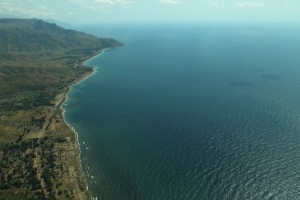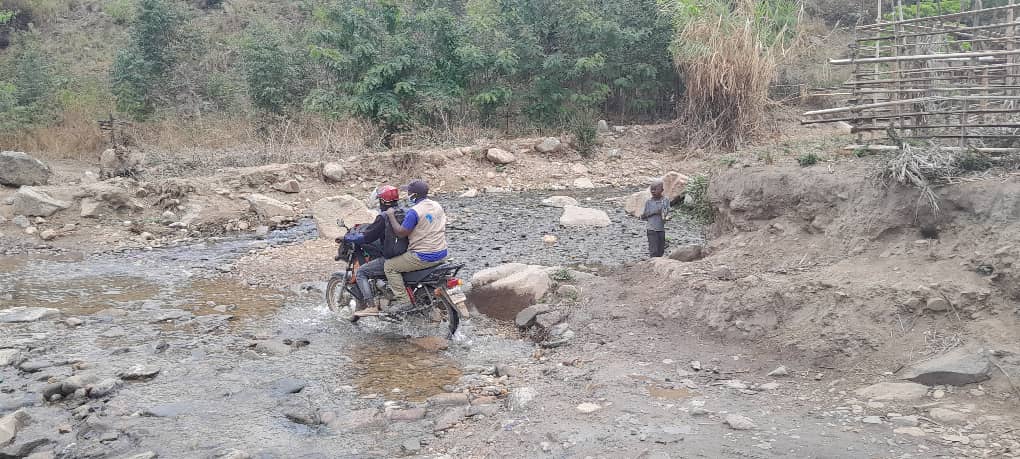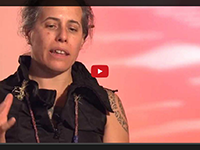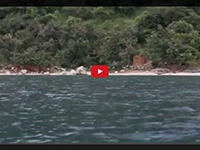 Despite being so isolated, the future and fate of the Lake Tanganyika Basin could not be more connected to the rest of the world. Rich in natural resources, like oil and minerals, and a place of enormous environmental importance because it contains one fifth of the world’s fresh water, and more unique species than the Galapagos, the lake exists at the nexus of several global struggles and is increasingly attracting the attention of outside interests ranging from multi-national energy and mining corporations to global powers. The lake region is home to millions of indigenous and displaced poor, spread across four countries: Democratic Republic of the Congo, Tanzania, Burundi and Zambia.
Despite being so isolated, the future and fate of the Lake Tanganyika Basin could not be more connected to the rest of the world. Rich in natural resources, like oil and minerals, and a place of enormous environmental importance because it contains one fifth of the world’s fresh water, and more unique species than the Galapagos, the lake exists at the nexus of several global struggles and is increasingly attracting the attention of outside interests ranging from multi-national energy and mining corporations to global powers. The lake region is home to millions of indigenous and displaced poor, spread across four countries: Democratic Republic of the Congo, Tanzania, Burundi and Zambia.
Recognizing the complexity of the region, the organization has mobilized itself to engage on policy, legislation and technologies that promote effective development, transparency and ensure the safety of Lake Tanganyika’s populations. We have begun to produce white papers and articles that highlight key issues, provide objective analysis, and name specific opportunities and risks that decision makers should know about. In 2014, we released “From Curse to Cure: A Special Report on the Impact of Energy Exploration & Production in the Lake Tanganyika Basin” to expose the vulnerability of the Lake Tanganyika watershed and ensure it is properly protected—as the ecological health of the lake is inextricably tied to the health of the people living along its shores. Download the paper here >>
We are bringing new ways of working, new thinking and new energy to one of the most neglected, yet important places on Earth. Watch footage of our efforts here >>
Latest News
- Programmatic Summary 2022-2023

Read our Programmatic Summary for 2022-2023 here, which provides a snapshot of our work that has direct implications for both human health biodiversity conservation in one of the most challenging and complex environments on the planet: the Lake Tanganyika Basin in the Democratic Republic of the Congo (DRC).
We highlight the critical intersection of health, environment, and community in a region burdened with high malaria incidence and a complex socio-political landscape, and we describe the innovative approaches and multi-sectoral collaborations that we take to understand and improve the lives of lakeshore communities. We have made great strides in gathering multi-sectoral indicators to understand health, livelihoods, and security. This holistic data collection approach is instrumental in creating the foundational knowledge we need to accomplish our medium-term goal, which is to craft effective, community-tailored solutions for malaria control that are context appropriate.
You can also learn about the challenges we continually face while carrying out this vital work, how we overcome them, and the progress we have made toward improving the lives of some of the poorest populations in the world, and our vision for how we can significantly reduce malaria in this region.
Our team is in the field now, continuing this necessary work. Please consider a donation to support our work!
Experiencing Lake Tanganyika






